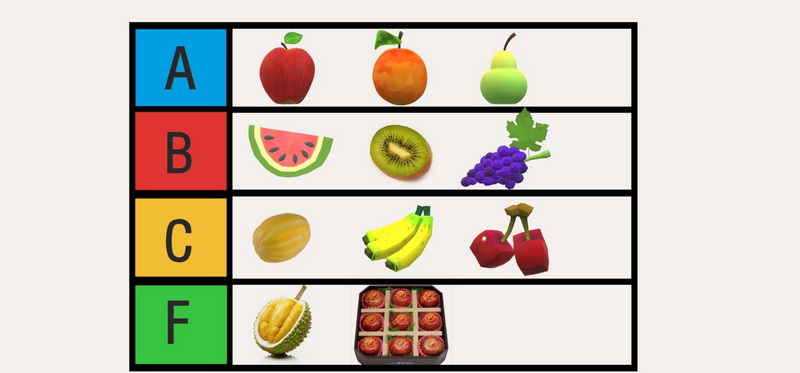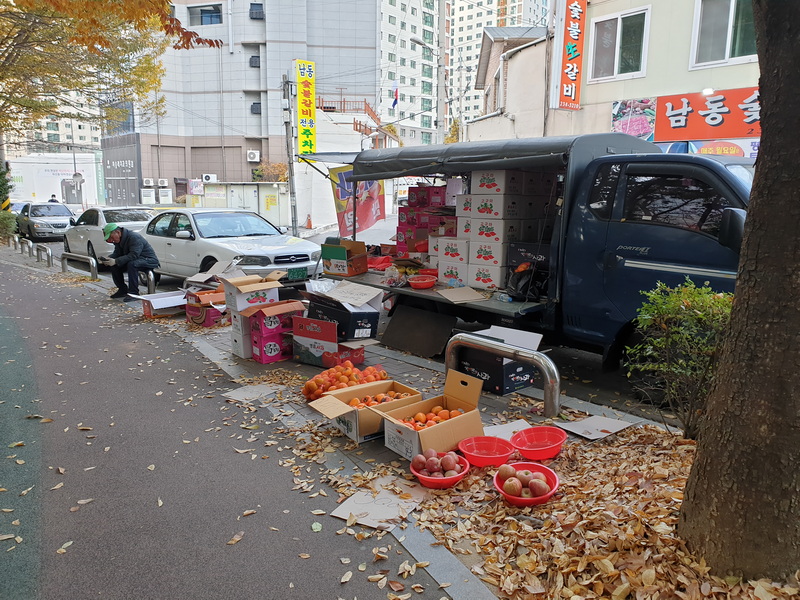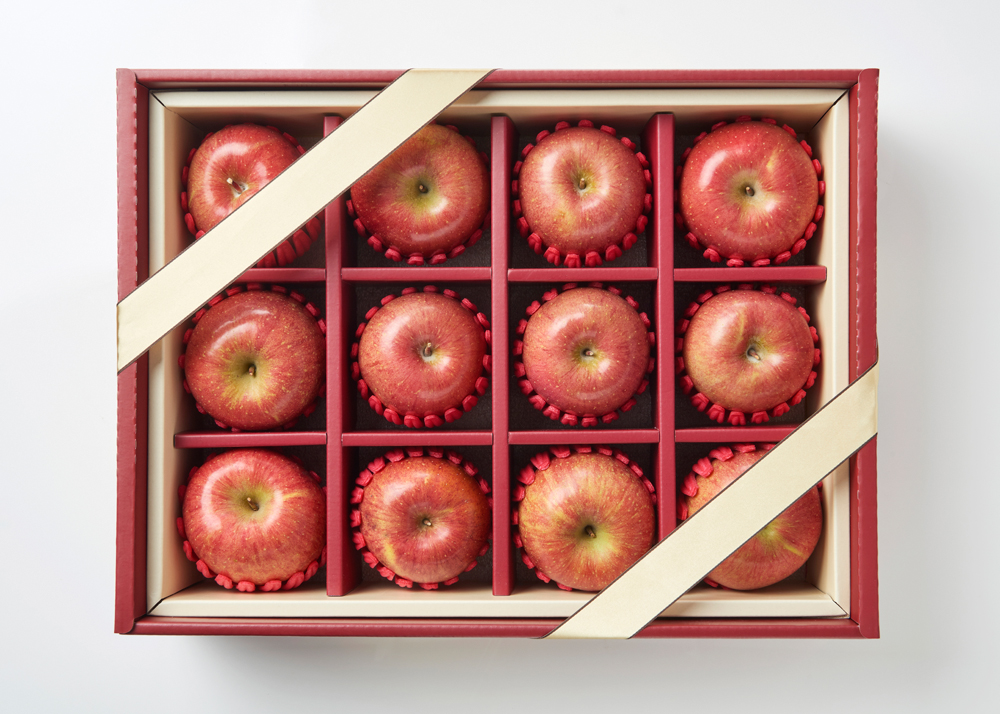Luxury Fruit Can Go Suck a Lemon
By William Urbanski
With the holiday season bearing down on us like an out-of-control freight train, I feel it is my civic duty to raise awareness about one of the most blatant scams that unscrupulous sonofaguns are employing to fleece you of your hard-earned cash. This despicable racket takes place nationwide but has become ever-more prominent and brazen in our fair city and will only get worse in the coming weeks when people are under pressure to shell out the big bucks for holiday gifts. Like rabid hyenas, conmen nationwide can sense the desperation honest people feel to find suitable gifts for their friends and family and leverage this duress to target honest, hardworking consumers with perhaps one of the most ridiculous hustles the Asian continent has seen in decades: so-called “luxury fruit.” Overpriced, overpackaged boxes of luxury fruit are nothing more than a shakedown, and you should just say “no.”

To be perfectly clear, “luxury fruit” is any of a wide variety of fruit that is genetically identical to “normal fruit” but has been put in a fancy box that magically triples or quadruples its fair market value. Particularly around the holidays, it is all too common to see peaches, grapes, and even the wholesome apple (the best fruit) wastefully overpackaged and sold at a price that is an affront to common sense. While it is surprising that anybody is daft enough to shell out fifty or sixty bucks for ten oranges (each of which is cradled in its own nonbiodegradable Styrofoam wrapper thingamabob that goes immediately into the garbage), it is not completely unexplainable. There are certain consumer goods that people buy simply because they are expensive: a phenomenon called conspicuous consumption. Conspicuous consumption is a performative act; one that ostensibly signals the purchaser’s social status and explains why people go into debt to buy designer handbags, and why they drop two-hundred grand on a Porsche that they barely know how to drive. But getting back to the topic at hand: If you buy expensive luxury fruit, the moment you are out of earshot, the person who sold it to you will burst out in a hysterical fit of laughter because you just forked over the equivalent of a week’s worth of groceries for something that literally grows on trees.
Listen, I get it. When the holidays come around, it is rude to not pick up a gift for your family and friends. The problem with choosing luxury fruit as that gift is that it actually perpetuates a system that takes a nutritional staple that should be readily available for all to enjoy and turns it into some sort of exclusive product that people use to show off. When people start clamoring for luxury fruit around the holidays, it creates a domino effect. Stores carry more of it and less of the regular, delicious fruit that the average Joe Schmo would like to pick up on his way home from work. In the long term, as demand for “regular fruit” decreases, producers switch to growing and distributing less of it. Whatever the justification or social pressure to pay for expensive fruit like this is, it actually creates a lot of problems by reducing access (in the short and long term) to good-old regular fruit. So, when it comes to buying gifts around the holiday season, perhaps what is needed is for families to have an honest, open conversation about not tossing their money away on wastefully packaged apples, oranges, pears, and mangoes that are nothing but a massive scam.

Support the Little Guys
When you buy something, you are voting with your bucks. When you shop at one store instead of another, you are giving a vote of confidence to the way the business is run and supporting the people who run it. All the time, I buy things from stores not because they are the cheapest but because I like the way the store is run, and I like the people who work there. The reason you should not support this luxury fruit commerce is not just because it is a blatant rip-off (which it is), but also because the people responsible for peddling it basically assume that you are a moron. On top of this, it is a bad business overall that adds zero value to the production chain.
Don’t support this nonsense, and keep in mind that the stores and corporations responsible for producing these fruit gift sets do not care about you or what your alleged reasons are for convincing yourself that you need an eighty-dollar box of mangos for your sister’s husband: They just want to separate you from your money and then laugh at you. If your family and friends would really like some fruit this holiday season, buy it from the true businessmen, the hard-working hustlers who could sell the shirt off your back: I am talking about the grizzled old men who sell apples out of Bongo trucks. These guys are the real deal and for twenty bucks will load you up with more apples than you can carry. Heck, if you really want, you can stop at Daiso to buy some pink ribbons to wrap them up in and tell grandpappy you paid two hundred dollars. Nobody will know the difference because after all, a “luxury apple” is the exact same thing as a regular apple.
The Case for Eating More Fruit
With all the sugary snacks and drinks that are basically everywhere you look, it is not a bad idea to consider cutting some of that garbage out of your diet and switching to something a little healthier and a lot more natural. Bananas, apples, chamoe, grapes, oranges, and even the occasional slice of pineapple should be a regular part of your diet and not pawns in some twisted marketing ploy. Fruit, much like air, water, and staple vegetables such as carrots and onions (which are gross) fall squarely into the category of things that should never, ever, ever be considered a luxury, and if anyone tries to tell you otherwise, it is because they think you are a feeble-minded simpleton and a chump.
At the end of the day, don’t let me tell you what to do with your money. If you want to flush your cash down the toilet by spending it on fruit with an outrageous and emotionally charged price tag, be my guest. While you are at it, I have a bag of magic beans I might be willing to part with if the price is right.
Photograph by William Urbanski.
The Author
William Urbanski is the managing editor of the Gwangju News and one day hopes to own his own apple orchard. Instagram @will_il_gatto




